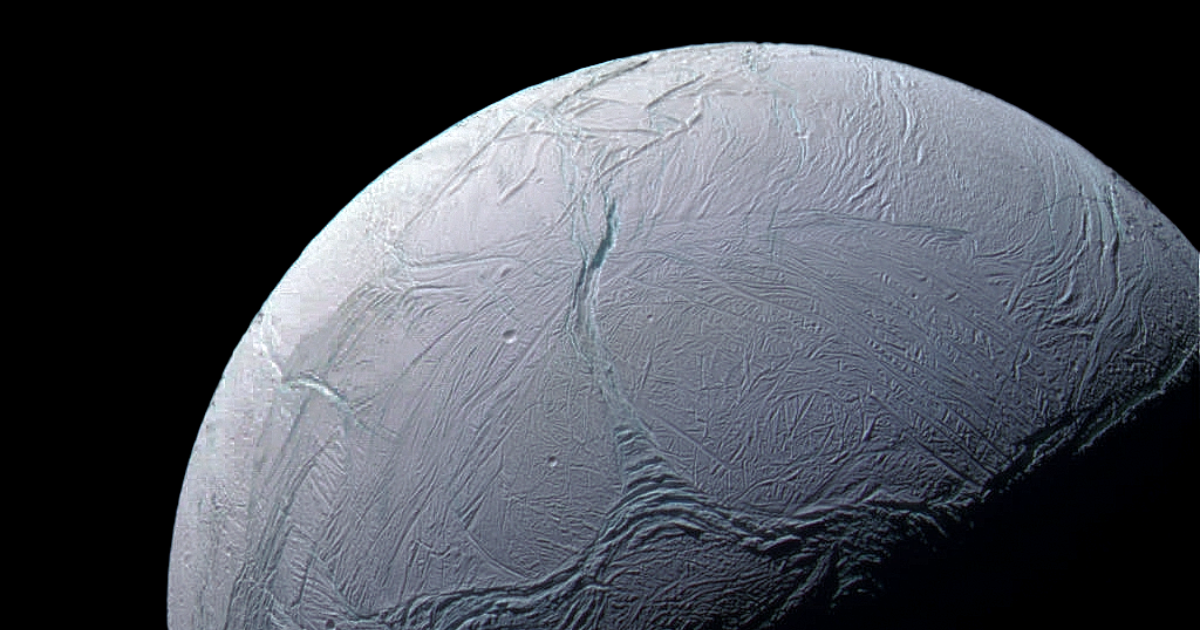China sets its sights on Saturn’s icy moon, Enceladus, in the search for signs of life beyond Earth. The country’s Deep Space Exploration Laboratory and the Shanghai Institute of Satellite Engineering have announced an ambitious proposal. They aim to launch both an orbiter and a lander to explore Enceladus, which has intrigued scientists worldwide due to its potential for habitability.

Why Enceladus?
Enceladus stands out in the solar system because of its vast subsurface ocean, hidden beneath a thick icy crust. Scientists believe this ocean may contain the ingredients necessary for life, thanks to geysers that shoot water vapor and organic molecules into space. By sending an orbiter and lander, China hopes to directly analyze the moon’s surface and the material from these geysers.
This mission could provide critical data on whether Enceladus harbors conditions suitable for life. If successful, it will mark a significant milestone in humanity’s quest to find life elsewhere in the universe. As space agencies race to unlock the mysteries of our solar system, China’s Enceladus mission could push the boundaries of deep space exploration even further.